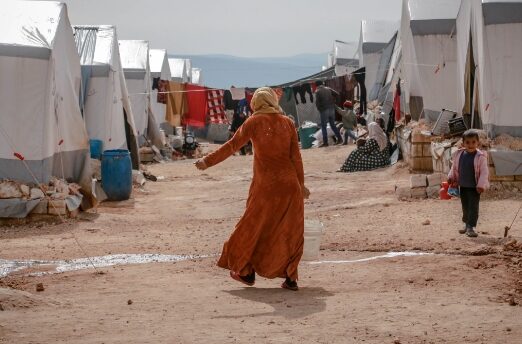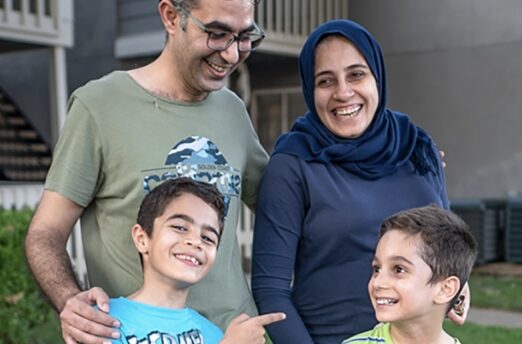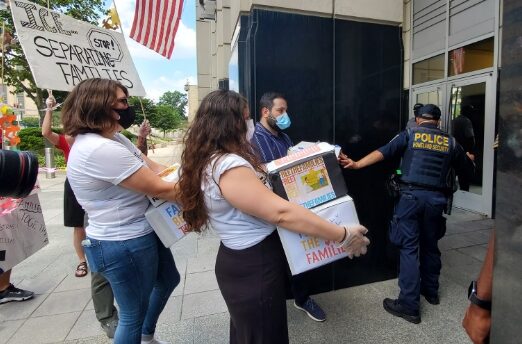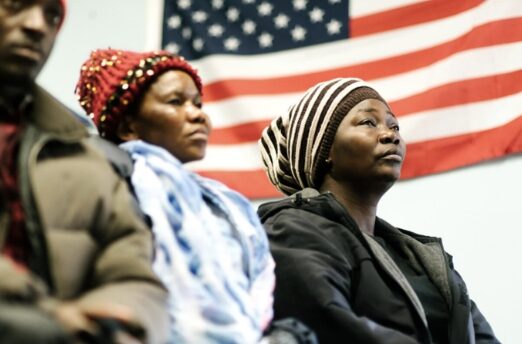Committees & Working Groups
RCUSA’s work comes to life through its collaborative committees and working groups.
Co-led by RCUSA member organizations and RCUSA staff
RCUSA’s committees and working groups mobilize the breadth of members’ expertise and programs to create transformative policy, program, advocacy, and communications work.
Advocacy Committee
RCUSA’s Advocacy Committee serves as the hub for the strategic policy work of the coalition’s member organizations, and coordinates advocacy engagement with Congress, the Administration, and across a network of grassroots advocates.
Anti-Racism
Engaging the diversity of RCUSA’s members and partners, the Anti-Racism Working Group provides space for critical engagement on issues of anti-Blackness, racism, and inequity to build stronger and more responsive work.
Climate Displacement
RCUSA’s newest working group focuses on promoting protections for persons subjected to forced displacement related to the impacts of climate change, and sharing information among member organizations working in this policy area.
Communications Committee
RCUSA’s Communications Committee is the convener for the coalition’s rapid response and long term strategic communications projects, centering community storytellers and leaders, transformative narrative change, and other strategic communications projects.
Resettlement Committee
Reserved for the 10 national resettlement agencies, RCUSA’s Resettlement Committee and subcommittees provide resettlement agencies with a platform for sharing programmatic updates, coordinating services, and promoting excellence throughout the US resettlement program.
Sponsorship
The Sponsorship working group develops aligned programmatic and policy approaches to co-sponsorship, private sponsorship, and other forms of community sponsorship, practices that engage community groups and the broader public in providing services for refugees.



